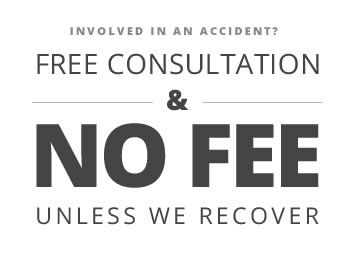The human body’s immune system is capable of powerful responses to infection and, the majority of the time, it will win the battle in destroying a foreign agent. However, when the response is too powerful, it can lead to a life-threatening medical condition — sepsis. According to the Sepsis Alliance, this ailment is the result of the body’s toxic response to a bacterial, viral, or parasitic invader. Unfortunately, sepsis is more likely to impact the elderly, those with chronic and terminal illnesses, and individuals with weakened immune systems.
As a result of these factors, sepsis is common in the nursing home setting. Considering the vulnerabilities of residents, it is often up to loved ones to recognize the signs of trouble and take immediate action. Your first priorities should be getting proper medical treatment and consulting with a Baltimore County, MD elder abuse attorney. Some facts about sepsis and your legal options may also be helpful.
Symptoms of Sepsis
Your loved one may need to rely on you to spot the signs of a serious infection and sepsis, so note the following symptoms:
- A diagnosis of infection in the urinary tract or pneumonia;
- An infected laceration or open wound;
- A high fever, which is an indication that a local infection is spreading and developing into sepsis;
- Seizures;
- Shortness of breath; and,
- Cold, clammy skin.
Sepsis May be a Sign of Neglect
When healthcare acquired infection (HAI) is the reason a resident develops sepsis, this could point to signs of negligence on behalf of the nursing home. Urinary tract infections (UTIs) are often the result of an unsanitary catheter or improper removal of the device.
Sepsis is not contagious itself, but the infections that cause it may be spread by air, contact, or other measures. For this reason, assisted living facilities must take proper cleanliness and sanitation precautions to prevent the underlying infection.
Your Loved One Has Rights
Nursing homes are required by contract and/or Maryland law to provide a safe environment and exercise reasonable care to protect residents. When a person develops an infection that leads to sepsis, it is a possible sign that the facility breached this duty of care. On behalf of your loved one, you may qualify to file a claim to recover:
- Medical costs to treat the infection and sepsis;
- Pain and suffering; and,
- Emotional distress.
Post-Septic Syndrome is Also a Threat
There can be serious implications after a person recovers from sepsis, including flashbacks, mental decline, and chronic physical pain. If your loved one developed post-sepsis syndrome after having suffered sepsis, it may also be possible to obtain damages for these losses.
Retaining a Maryland Elder Abuse Lawyer is a Crucial First Step
This description of sepsis should help you understand the horrific experience your loved one endured and that holding a negligent facility accountable is crucial. To learn more about recovering compensation for elder abuse and neglect, please contact attorney Michael A. Freedman by calling 410.363.6848 or checking us out online. We can schedule a no-cost case review to provide additional details.



